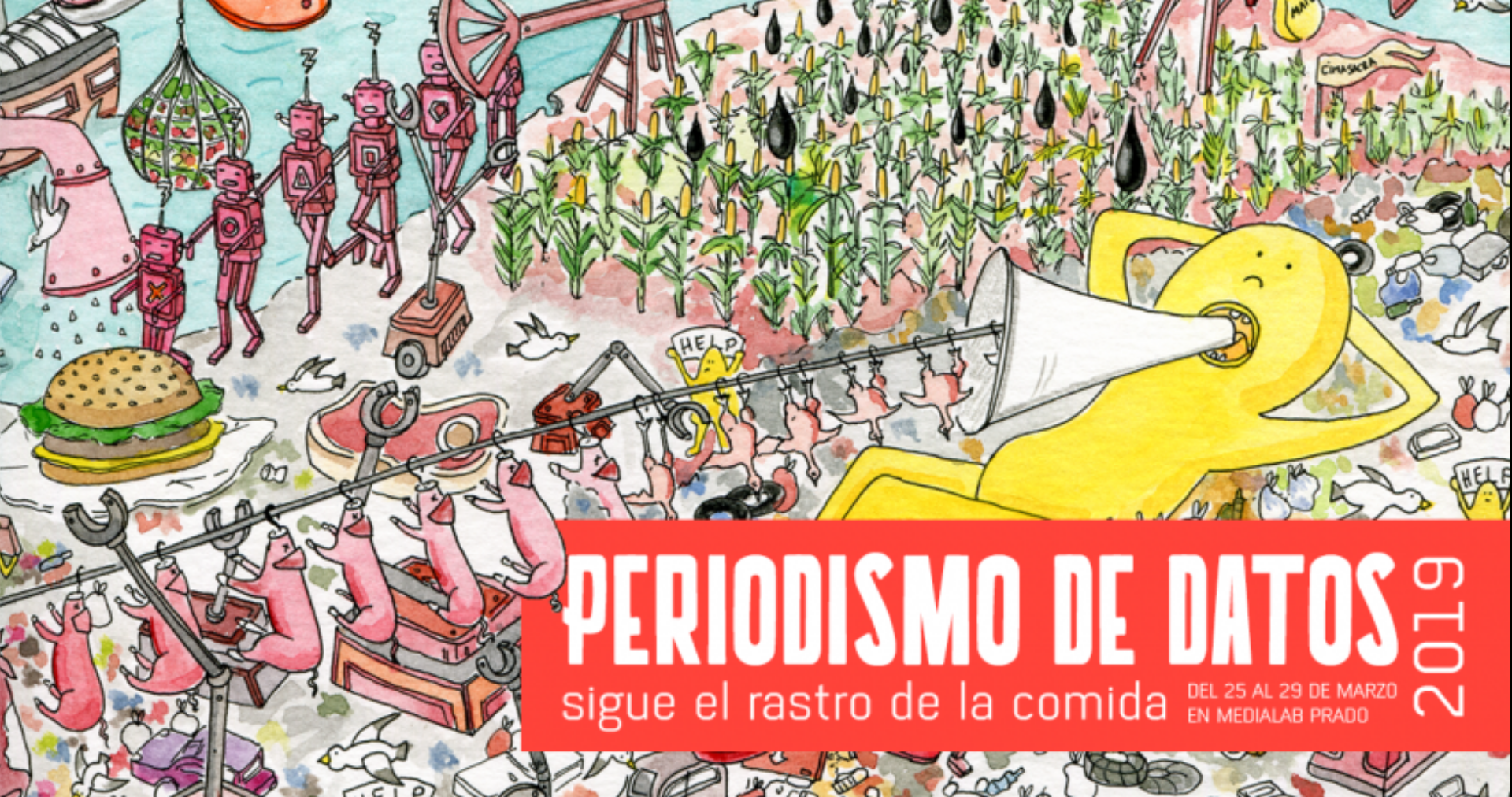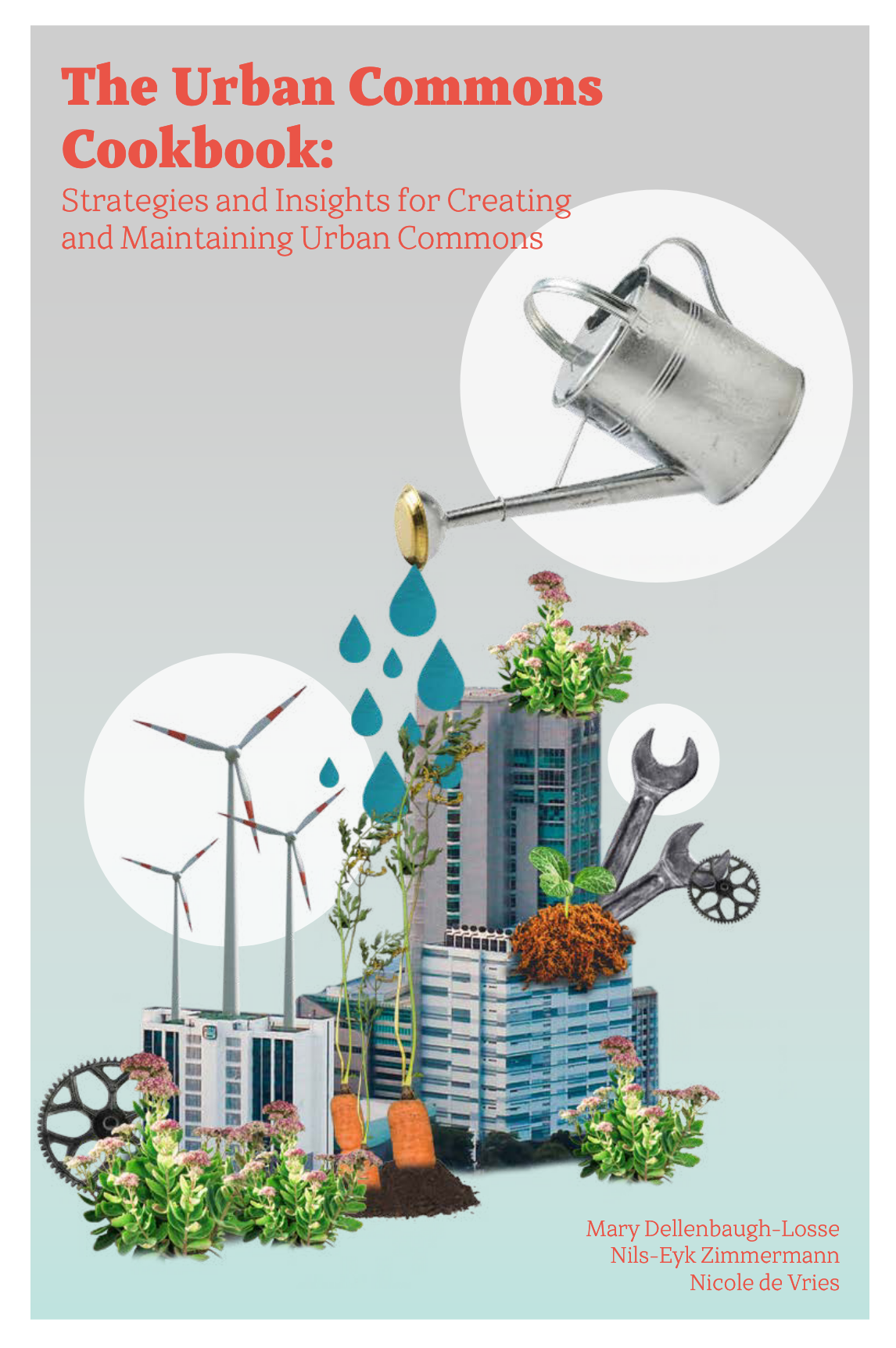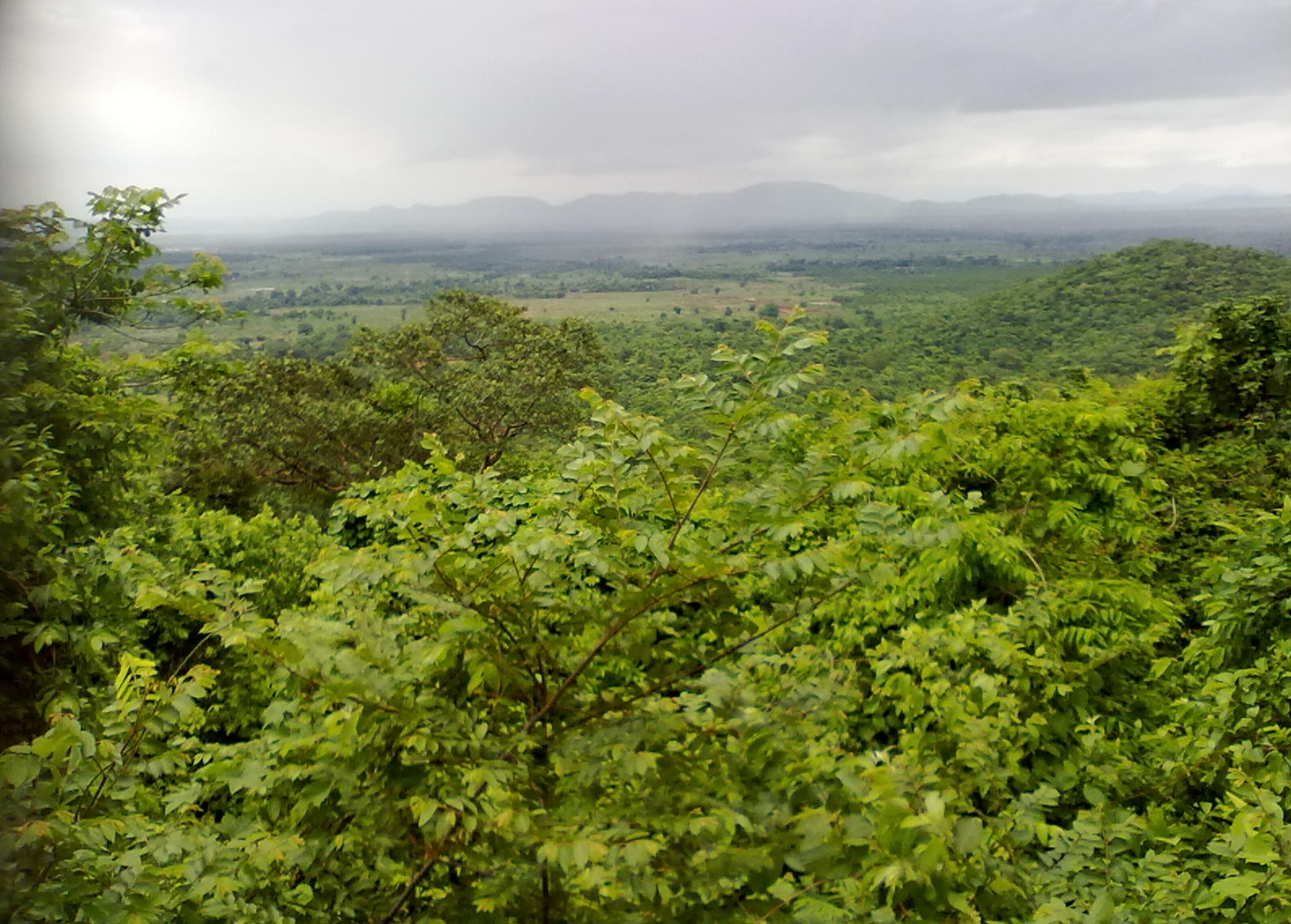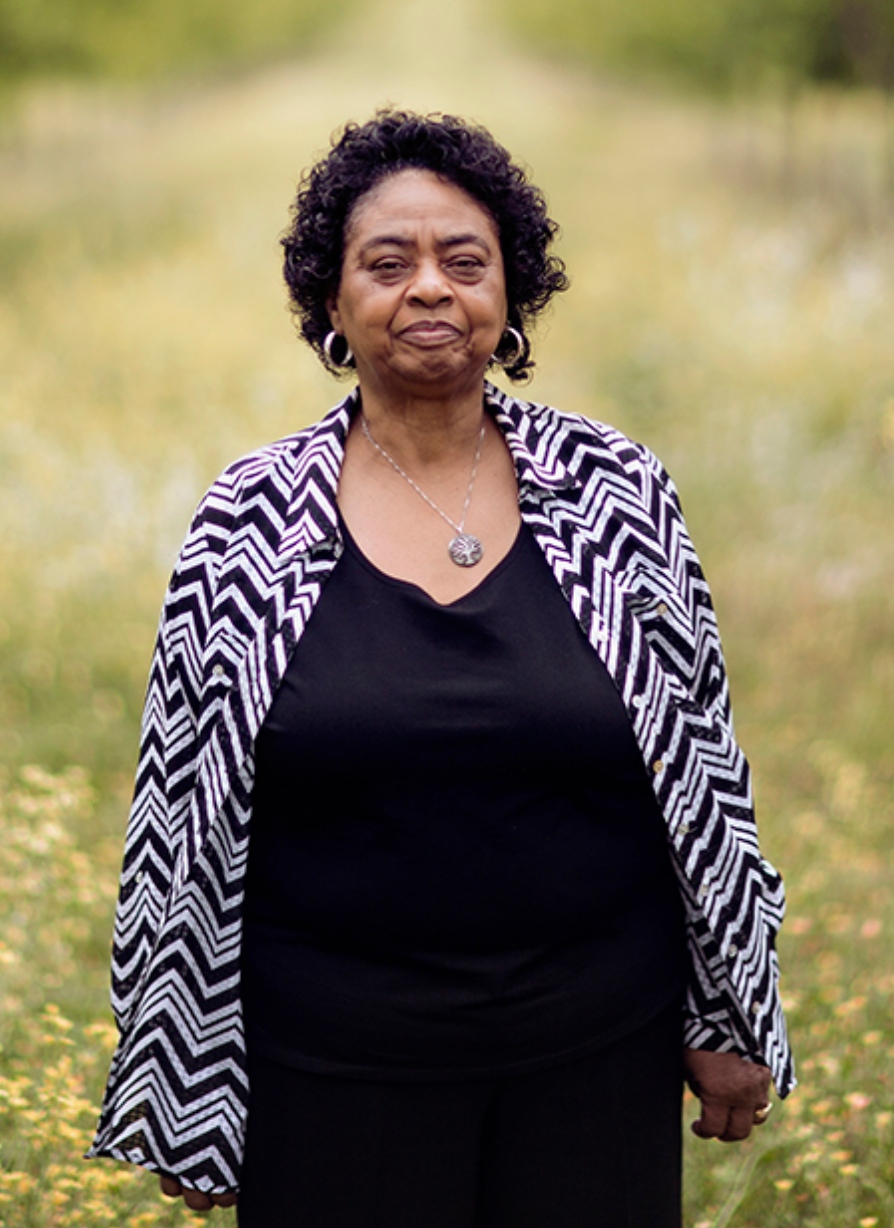Thomas de Groot, Head of Programmes at the Commons Network in Amsterdam, recently spoke with Silke Helfrich and David Bollier about the future of social security systems and how the commons can offer alternative transition paths.
The interview is shortened for clarity. SH is Silke Helfrich, DB is David Bollier and TdG is Thomas de Groot. The original posting of this interview was at the Commons Network website.
* * *
TdG: ‘Could you share your thoughts about the need for a different vision for our systems of social security?’
SH: ‘Sure. Let’s start by identifying why it is so important to link the issue of social security to commons-thinking. We are all burdened by a structural dependency on the market-based economy. And so are our social security systems. This is what we see now with the Covid-19 pandemic. The state spends billions and billions to keep businesses going because it assumes that flourishing businesses will generate more money for the state. And in fact, the state is dependent on those capital flows and tax revenues.
‘So there is a direct link between economic crises and the crisis of our social security system. This should scare us all. We know there will be another crisis. This is why we need to think about the future of the economy and of social security in such a way that we make ourselves more independent of the capitalist, market-based economy.’
DB: ‘I like the phrase ‘from redistribution to predistribution’, meaning that we need to go from the current situation, where the state redistributes wealth in a certain way, to a situation where people control and manage wealth to start with. This is not the same as equity ownership because the goal is not to use assets to generate profits or return on investment, but to have shared wealth and infrastructure for creating provisions and services outside of the market and state.’
‘There is a direct link between economic crises and the crisis of our social security system. This should scare us all.’
SH: ‘That is actually a good segue to make a related point: problematizing the source of social security is so important, because it is obvious that social security cannot just mean monetary security. We would all agree on that. And still usually we think of social security as monetary security. That means that any redistribution of wealth will necessarily depend by design on the vagaries of markets. That’s pretty insecure as an approach (especially when the wealthy politically dictate unequal terms of redistribution).
‘It also forces us to keep the megamachine going (see Fabian Scheidler’s book ‘The End of the Megamachine’) to conceive and provide social security in the first place. This is a design flaw! And it brings us directly to another pillar of the capitalist economy, and therefore of the welfare state: property – the prerequisite for generating monetary value through the market. Therefore, we are not allowed to touch the familiar ownership models.
‘In other words, there is a tacit consensus that we can talk about redistribution, but we cannot talk about predistribution, because real predistribution would mean making sure everybody has legally secure access to land, housing and other basic elements of shared wealth needed to live a dignified life. Decommodifying land – the land for agriculture and the land our houses and flats are built upon – would be the biggest contribution to a more commons-friendly version of social security. But that would require re-claiming some of the accumulated wealth of the ‘1%’.
‘The reality is different though: part of the reason why governments are having to spend all these billions now, during this pandemic, is that many people cannot even afford their rent. It’s an untenable situation. The right to decommodified housing should be part of social security. It should count as the bare minimum, part of what you are entitled to as a citizen. But for such a shift to occur, we would first need to re-think property.’
DB: ‘The ownership model in our societies is always either private and corporate, or state-run. Which then leads to this simplified debate between capitalism vs. socialism. And commons-based ideas are never even considered. They seem to be marginalized, ignored, and out of reach, always.’
SH: ‘This is because state authorities are trained to consider the market economy and its extractive business models as the only source for achieving redistribution. But whenever a crisis hits, this approach is exposed as a really bad design choice. Because we all know that there will not be enough money to redistribute whenever the next crisis hits.’
DB: ‘It is a matter of power. The state is run by people whose class, prestige, and careers are based on that extractive economy. Their jobs are about facilitating or managing that extraction and the growth it produces. They have no incentives whatsoever to imagine a wholesale shift away from this paradigm. I even think most people understand the problems we face, but they are not willing or occupationally capable of entertaining fundamental solutions.’
‘It is a matter of power. The state is run by people whose class, prestige, and careers are based on the extractive economy. Their jobs are about facilitating or managing that extraction and the growth it produces.’
SH: ‘So when talking about the future of social security, and analysing what is wrong with the current system, this is the right starting point: there is a flaw in the design of our modern nation-states. They are actually market-states, which makes any act of redistribution fully dependent on the market – i.e., investors. So any serious scenario for future social security will have to originate from outside of this framework.’
DB: ‘The market has always evaded the reality that it cannot in fact provide social security for everyone. Inequality is built into the system and accepted as “normal” by those who defend it. Now we’ve reached a crunch-point where that fact has become evident. So in the search for solutions, people are forced to choose between the market and social solidarity. This puts well-intentioned, socially minded politicians in a real bind because they are not “allowed” to entertain degrowth or post-capitalist options.’
SH: Exactly. In Europe, as in the States, there is a tradition of – supposedly progressive – labour unions that comes to mind – a thinking about organised solidarity. But even that tradition is inadequate for what we are up to because it means that job creation on the labour market is a precondition for any social policy conceived by the welfare state.
‘To put it even more strongly, most of the time, social security policies have the explicit goal of trying to create jobs for everyone, no matter if they make sense or not. What matters is, above all, to keep the economy going, because, as we have just established, that is our only source of means for redistribution. Thus creating a perfect circle, or tautology: We need money to incentivize market participants (businesses, investors) in order to create jobs, which will let people earn money to maintain their social security, which in turn will keep the economy going and – as many hope – create still more jobs. We can not only conclude that social security has become completely monetized. We need to get rid of that entire mindset. It’s a flawed system.
‘I have researched the federation of cooperatives called Cecosesola, in Venezuela. This makes for an interesting case study about commons-based social security. There is very little left in the Venezuelan economy these days. Not enough supply on the market, not enough energy provided, no capital, nothing. But still people manage to meet their needs somehow, with provisions from Cecosesola, for example.
When you ask people who participate in that network, ‘What does Cecosesola mean to you?’, they say: ‘Security, the feeling that nothing can happen to me’. And that’s the point. It’s derived from the stability of social bonds, from living social relationships. It’s the de facto ownership they have, of their community-stewarded markets, their self-organisation, their price-sovereign trading, their ritualized activities and mutual support. They control their decision-making processes. Their peer-organized social security – they even run a fully equipped hospital without a boss – creates a sense of belonging for their members at the margin of the state of the larger economy. And I feel that this basic element, having a sense of belonging, is not even part of the discussion about social security here in Europe.’
DB: ‘One of the reasons something like Cecosesola could never work in the US is because there is no space in the political culture, discursively speaking.’
SH: ‘This brings us to the next flaw in our systems. The boundaries of our discourse around social security and economy are so narrow that there is no space to introduce new insights and experiment with them.’
DB: ‘A lot of this has to do with the bureaucracy that is such an essential part of state power, which tends to rely on one-size-fits-all models. Bureaucracy helps politicians justify their centrally administered policies as ‘meritocratic’ and fair. But by clinging to universality and bureaucracy, the system does not take into account local particularities and how bottom-up creativity can generate value, open source style. The commons approach explicitly takes these factors into account because the commons tend to be place-based and accessible. But this is also one of our challenges: how do we, as commoners, engage with the state’s bureaucracy to make it more supportive of commoning and localism?
‘One example is the Bologna Regulation for the Care and Regeneration of Urban Commons, for instance, and more broadly, the whole “Co-Cities” movement that people like Christian Iaione and Sheila Foster are part of. This approach is trying to develop a working rapprochement between city bureaucracies and commoners, working as neighborhood groups, citizen associations, or whatever. But this good-faith experiment is vulnerable to all the power-plays of electoral politics, political parties, and legislative representatives. In addition, there is a philosophically unresolved collision of world views between state power and commoning.
‘Silke and I have struggled with this challenge: How do we formulate a commons-public partnership in a fruitful way? How can we make bureaucracy and electoral politics shift and open up, to allow for the pluriverse of commoning to occur? It’s not clear what the answers are.’
SH: ‘Exactly. It is too simple to blame “the state,” and it is, in this context, understandable that people propose a state-run basic income that is the same for everyone. However, if our governance system is set up hierarchically, as it is today, we get used to asking the same for everyone even though no one’s circumstances and needs are the same. State power creates monocultures of administration that obviously prefer monetary security. And this is a big problem, because if there is one thing we learned from Elinor Ostrom, it is that there is no such thing as a panacea. People have non-monetary security needs that have to be addressed as well.’
TdG: ‘In our research, we explore a couple of transition paths. One of them is about ‘care income’ and alternative currencies. A care income is a concept that we learned from feminist thinkers in the degrowth movement. It could serve as a way to value social reproductive labour in a way that the market simply does not. We added to that the idea to organise this with neighbourhood currencies.’
SH: ‘We always talk about the undervalued part of the economy, the part where we as people engage in provisioning. The current system only looks at the part of the economy where the money flows. But as you point out, that excludes a lot of work. The answer that many feminist economists give is that we simply have to pay more to the people who care, who account for all that reproductive labour. But paying more doesn’t get us out of the monetization trap we talked about earlier. I do understand the impulse to connect care income to alternative currencies. It’s a good idea, because you take part of the solidarity economy and shield it from the market economy. Commoning and commerce should be kept apart.
‘But there is another way. Let’s go back a bit. Any nation state depends on a bureaucracy that makes rules for everyone. Let’s call it ‘abstract equality,’ panaceas, one-size-fits-all. States will always have to govern from above and thereby ignore a lot of different situations. Otherwise these governments would continually be challenged because the law has to be the same for everybody, right?
‘So when talking about various forms of Universal Basic Income, or care income, or any such scheme, we need to ask another question. And that question is: Who governs it? Let’s think about community-based basic incomes, governed by federated communities. In this scenario, it would not be the state determining who gets how much for how long and what for.
‘There are successful models of local communities managing basic income programs that help leverage a sense of belonging, responsibility, and commitment – as opposed to a pot of state money suddenly dropping from the sky with only formal, legalistic strings attached to it. And we have to keep in mind that there is no such thing as social security without a living social fabric, without that sense of belonging.’
‘When talking about various forms of Universal Basic Income, or care income, we need to ask another question: Who governs it? Let’s think about community-based basic incomes.’
DB: ‘To add to that, I am working on a report about commons-based financing. It asks how to keep money and community inalienable – i.e., not commoditized by market forces? In other words, how can we design a system where money (and value) does not leak away from the community, and where communities and people are not treated by capital as neocolonial sites of extraction (think fracking, water, minerals, data-mining, etc.)?
‘I have come to realise that alternative currencies are part of the solution. Those schemes are by definition place-based, and so the neighbourhood currency cannot be sucked into the circuits of global finance. The challenge is to create a buffer to prevent the value generated within commons from being subjected to simple monetary trading and speculation in the larger economy. You need a buffer to prevent the users of an alternative currency from sliding back into capitalist relationships. So determining how the alternative currency is designed and used is critical. And ultimately, local communities themselves are the only ones who can settle this issue, really.’
SH: ‘The bottom line is: We need to come up with ways to decommodify our social security. So let’s start by decommodifying information, and land and even the money itself by creating a myriad of alternative currencies that might serve as means of exchange but not as commodity. This way you start to get little pockets of transition, and people can see what works for them, and start connecting them all.
‘So you set up the conditions for a needs-based and peer governed conceptualization of social security. It is key to always start from people’s needs: take shelter as an example. The most important thing a state can do is to create ownership of shelter for everyone, and set up other property models like Community Land Trusts, for example, and help communities to decommodify not only the houses but the land underneath the houses. This will help create structural independence from the market. If you look at this current crisis, we can safely say that self-organised, community-supported initiatives have proven to be more resilient when disaster strikes. They are not as dependent on international flows of capital and goods.’
DB: ‘Fannie Lou Hamer, a famous voting rights activist from the civil rights movement, is mostly known for her political activism. But she is also celebrated as a pioneer in the co-operative movement. To escape the dependency on white supremacists who controlled the local economy, she started the Freedom Farm Co-operative, to build economic independence for the Black community.
‘Her fight for food independence meant that Black people in that region no longer had to answer to white supremacists. This also made them politically independent, because they no longer had to fear being thrown off their land. The Freedom Farm Co-Operative was theirs, it was a place of security for them, a place from where they could build, and not be politically and socially dependent on others. Not just for their basic needs, but for their dignity. And that is something the state should be able to help us with. That would be a great place to start.
‘It’s basically the ‘Transition Towns Ethic’ which strives for communal goals in people’s everyday life. It doesn’t start with ideologies, which are usually politically driven and focused on state-related issues. Instead it’s about real, practical things – food, shelter, public life — that mean something for ordinary people. George Monbiot calls this the “politics of belonging” — a nourished identity based on mutual support and practical needs.’
TdG: ‘Do you think that the future of social security is decentralised, and that the municipalities will play a bigger role in organising localised schemes of social security?’
SH: ‘You know how political centrists always tell you everything is ok? Like, with the US presidential election, people tell me, ‘Biden will be elected, and that will prove that the system works, liberal democracy is the best system and our insitutions are strong’. Well, no, they are not strong. And no, this democracy does not work well. Otherwise you wouldn’t have two parties that are both part of the problem.
‘To put it differently, as long as our cities, regions and countries are ruled according to the competitive logic of political parties whose mandate is based on 50,01% real change won’t happen.’
DB: ‘Exactly. Many people think that decentralisation is a solution, but major cities are governed by the same people that govern the country. The political culture is the same. For real alternative power structures to arise, you need to get rid of or supplant these parties first. Only then will you be able to construct a new political culture, built around place-based politics.’
‘For real alternative power structures to arise, you need to get rid of these political parties first. Only then will you be able to construct a new political culture, built around place-based politics.’
SH: ‘Absolutely. Rethinking the idea of social security, requires that we begin with predistribution, of land and shelter, and alternative political cultures will follow.’
DB: ‘But it’s not a linear sequence. We have to do both, simultaneously. We need to find ways to extricate ourselves from the market, and we also need to have an affirmative social vision of participation, belonging, contribution, and commoning.’

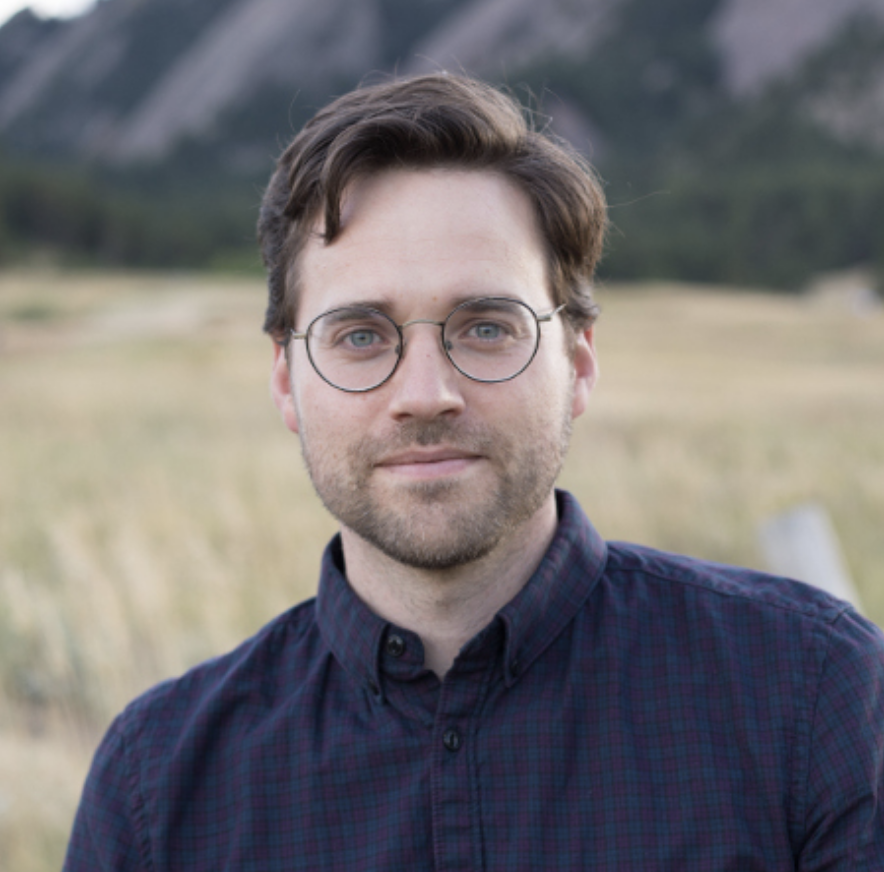

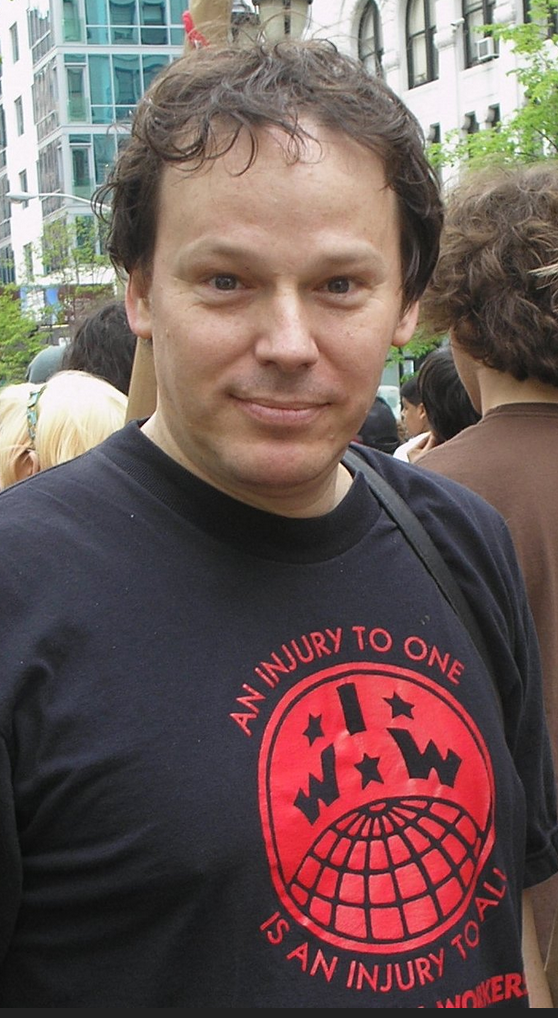 The death of activist/anthropologist David Graeber last week was a cruel loss in these already-difficult times. Graeber was only 59....he clearly had many more dazzling books ahead of him....and those of us questing for system-change as multiple crises converge, took great inspiration from his thinking.
The death of activist/anthropologist David Graeber last week was a cruel loss in these already-difficult times. Graeber was only 59....he clearly had many more dazzling books ahead of him....and those of us questing for system-change as multiple crises converge, took great inspiration from his thinking. 